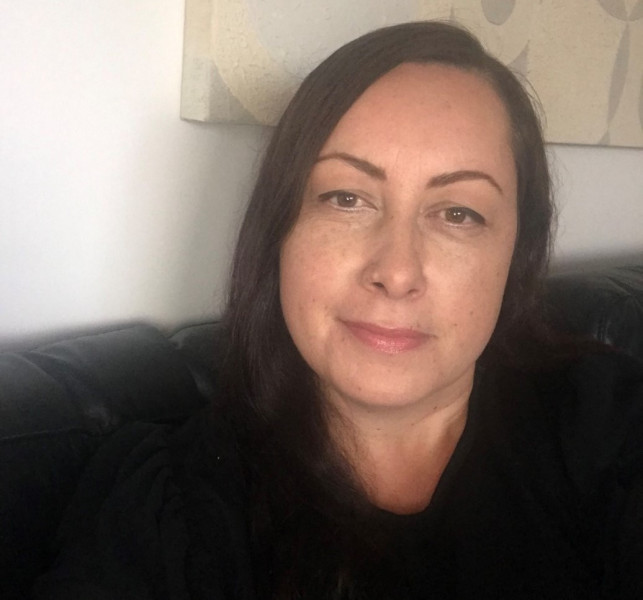Problem shooter inspired by being part of the minority
Problem shooter inspired by being part of the minority

Being one of a very few females in the technology space, and of Pacific heritage at that, has only motivated Enterprise Architect Debbie Brister (pictured) to master her profession to stand out in the sector.
“I think it was because I loved a challenge and didn’t like to be told I couldn’t do something or master a skill,” Debbie says.
Of Samoan and European descent, Debbie was born in Auckland but moved around Aotearoa as a youngster, before finishing her schooling in Hamilton.
“My interest in technology started in Year 12 at high school, when I decided I would take up computer studies - I found it easy, and I really enjoyed it there was only two of us who were female in the class from memory.”
Debbie’s career in a male-dominated field has been varied and interesting, working for local government, in agriculture technology and now in the health sector.
“I really enjoyed infrastructure, engineering, building servers, and application deployments across Citrix environments, and exchange servers, and from there I got involved in more project work so moved from supporting and system implementation onto solution architecture and integration.”
After starting her family, Debbie was introduced to enterprise architecture, which she found challenged her technical abilities, business acumen and emotional intelligence.
“As a result, I needed to challenge the status quo and be brave which meant getting out of my introverted manner and start to lead discussions and presentations.”
Now working as an Architecture Practice Team Leader and Enterprise Architect within the health sector, leading or facilitating a workshop is a regular thing for Debbie.
“Speaking up and challenging the narrative is now natural and something my 20-year-old self would never dream of doing,” she says.
Her role also includes working with senior health and IT stakeholders from District Health Boards across Te Manawa Taki to define technology strategies and roadmaps that align to Health New Zealand’s digital and data strategy and provide digital enablement and adoption.
Debbie adds she has been very fortunate to work with some amazing talented people, who have guided, coached, and mentored her.
She has felt supported in her career journey, despite being part of the minority in the space.
“Many of the male colleagues within technical teams I worked in were often supportive and collaborated.
“You needed to be upfront and honest, along with raising things with the team when you did not know or understand what was happening.
Learning to fail-fast and not be silent and fail became important to have the psychological safety within the team.
“However, one of the biggest lessons learnt was staying true to my values, honesty, integrity and being a respectful person to others.”
Working in the health sector is hugely satisfying for Debbie as it is important for her to be part of something positive to help others and to enable the greater good.
“It is a challenging sector, but it can also be very rewarding to know that you part of a greater team working towards improvements for our people, communities, and whanau.”
It would be beneficial to have more Pacific people in this space as the culture holds family and the community at the heart of everything, she says.
“To apply the right technology solutions and services you need to understand the people, behaviours, and culture.
“The human interactions are important, and by applying what we know about our cultures, and how we are instinctively inclusive and natural networkers, we can use this to collaborate, solve problems and innovate in the digital and science space.”
For those Pacific people contemplating STEAM subjects as a career path, Debbie says to give it a go.
“You do not have to specialise at the beginning of your journey and technology industry career paths are so diverse, new innovations happen so fast, so you get the opportunity to learn and grow with the industry.
“You just need the right attitude, willing to learn and surround yourself with like-minded people.”
The Ministry for Pacific Peoples’ (MPP) Toloa Fund encourages Pacific people to enter STEAM studies and career pathways. Visit the MPP website to learn more.
